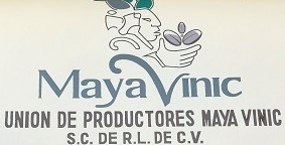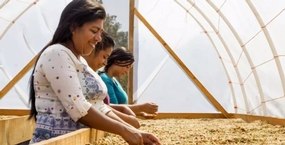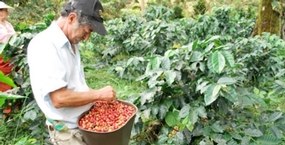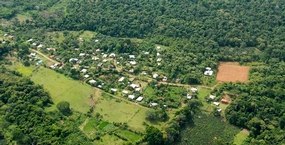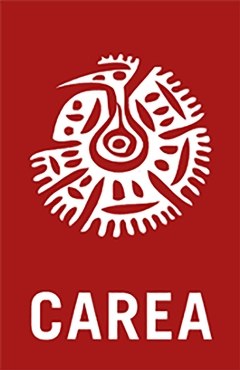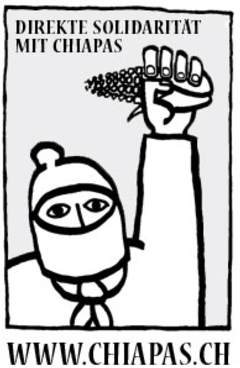Honduras, La Nahuaterique
The Combrifol coop
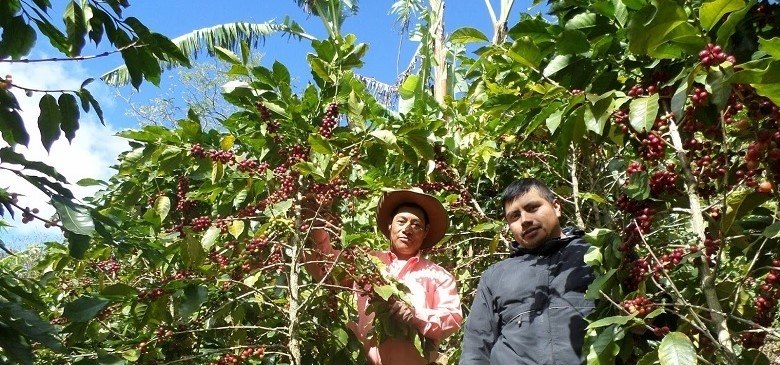
The coop has about 300 members and extends its activities to Marcala, Santa Elena, Yarula and La Nahuaterique communities. Most Combrifol's farmers are part of the Lenca indigenous population group and live in extreme poverty in the La Nahuaterique area in the remote border region next to El Salvador.
Living in no man's land
Long-lasting border disputes between El Salvador and Honduras have profoundly affected the area. The La Nahuaterique community was established about a century ago as a reaction to land scarcity in El Salvador. Wealthy landowners' control of the more significant part of the land caused small-scale farmers to relocate to the unexplored and undefined border region.
Migration and mutual claims for land possession resulted in conflicts between Honduras and El Salvador, culminating in military skirmishes in 1969. In the 1980s, the civil war in El Salvador shook the region. Finally, La Nahuaterique was conceded to Honduran national territory by the Internationalen Court in Den Haag in 1992.
However, the government generally neglects the region to this day, and there is nearly no public infrastructure. Comprehensive networks for potable water and electricity are nonexistent. Going to school or the doctor means an extensive journey, most frequently on foot, on the few dirt tracks not being fit for traffic in winter and the rainy season.
Cooperative framework as a resource
Under these conditions, the coop membership presents, on the one hand, enhanced opportunities for processing the cultivated coffee and for sale at better prices, ensuring improved livelihood. It is also providing access to further resources augmenting subsistence and living conditions.
For instance, proceeds from the coop's coffee sales are spent on infrastructure projects. Combrifol is supporting its members with training courses dealing with climate change's consequences or the diversification of agriculture.
Moreover, the coop provides a framework for women's self-organisation in their struggle against patriarchal violence and for women's rights. A strong women's group within the coop and specially targeted support programs for single mothers are realised.
